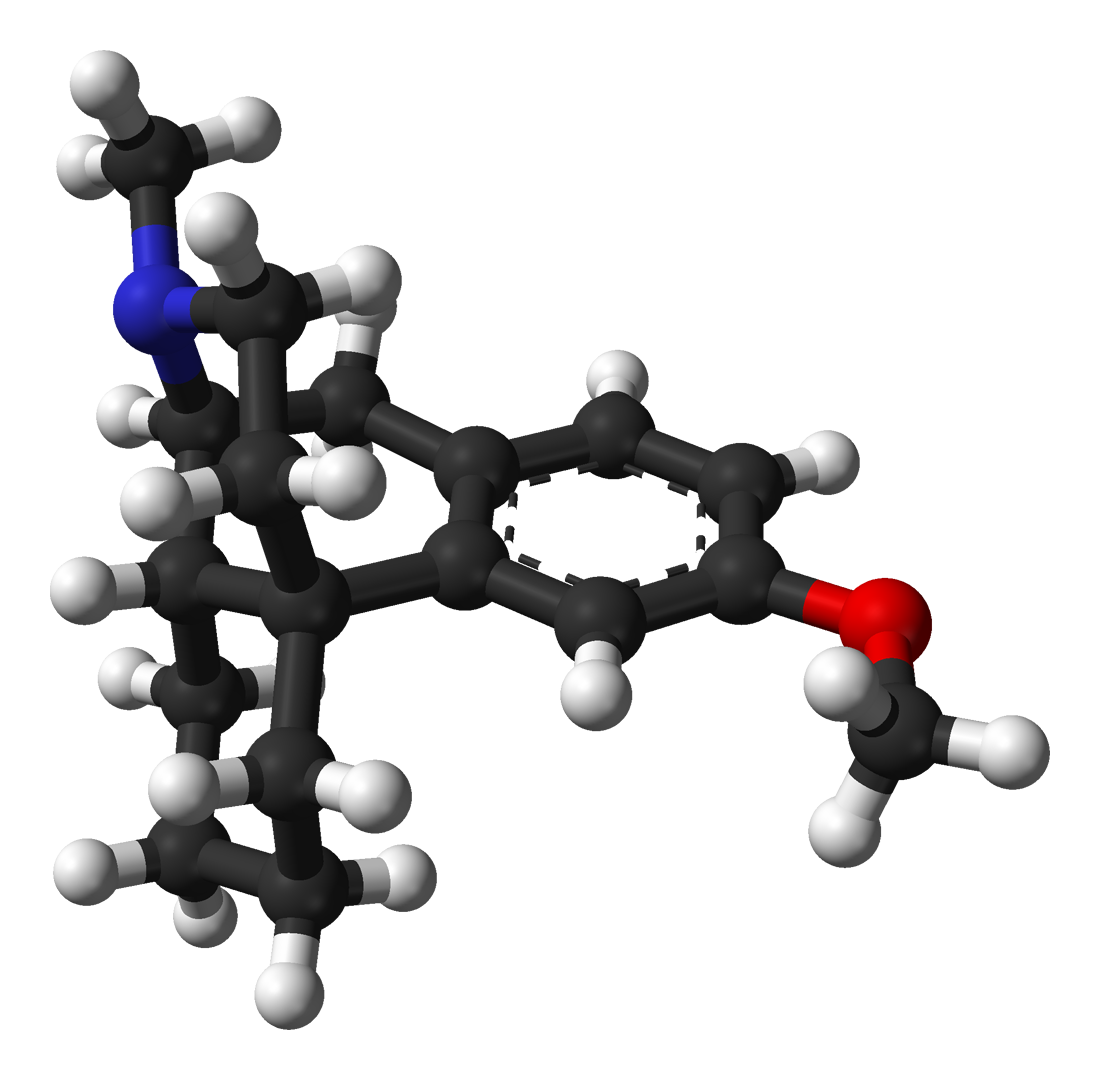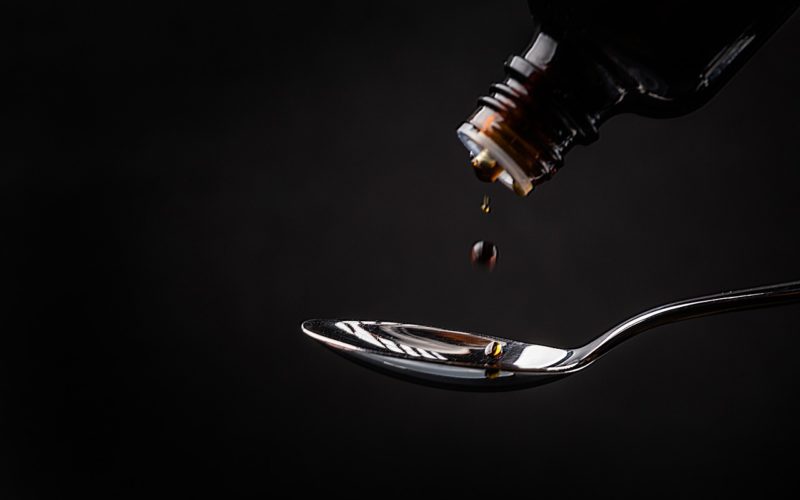Nowadays, many people rely on kratom as a natural remedy to treat ailments and conditions like chronic pain, anxiety or depression. But kratom’s effects are time-limited, which is why many kratom consumers use potentiators to get longer lasting effects. However, the use of potentiators can sometimes be a risk to your health. In this post, we’ll explore the dangerous consequences of mixing kratom and dextromethorphan.
Uses and Effects of Kratom
Kratom (Mitragyna speciosa) is a tree in the Rubiaceae family that grows in Southeastern Asia. You can find kratom trees growing naturally in Thailand, Borneo or Indonesia, for instance.
There are three main types of kratom, depending on the color of the leaf stem and vein: white kratom, green kratom, and red kratom. Each of these kratom varieties comprises several kratom strains (or sub-varieties), with their own set of effects.

Kratom has a wide range of effects, like energizing and stimulant, euphoric, analgesic or sedative. The reason for having such a variety of effects lies in its alkaloids. Kratom has more than 20 alkaloids (like mitragynine and 7-hydroxymitragynine), which act on the opioid receptors in your brain. Thanks to these alkaloids, kratom’s effects are similar to the effects of opiates. However, kratom does not have the dangerous side effects of opiates, like respiratory depression. The risks of developing a kratom addiction are also very low.
The amount of each alkaloid varies depending on the kratom type, strain, and even the preparation method. That is the reason why kratom can have so many different effects.
Thanks to its properties and effects, you can use kratom for many ailments and conditions, such as:
- Pain (arthritis, fibromyalgia…)
- Anxiety
- Depression
- Fatigue
- Lack of focus
- Insomnia
- Stress
Kratom Potentiators
Kratom effects can last a few hours, depending on the dosage, the strain, and the tolerance level. While a few hours may seem long enough for many people, the truth is that most kratom users would like this time to be even longer.
Taking potentiators with kratom can increase this time and make kratom’s effects last longer in your organism. Most kratom potentiators block the action of the P450 enzymes, which are responsible for disposing toxins and external elements from your body. Eventually, every medication or natural remedy you take will be removed from your organism by this process. What potentiators do is to stop the detoxification process temporarily, so the active elements of the medications or healing herbs stay longer in your organism.
However, using potentiators can also have dangerous side effects, so it is crucial to be very cautious when using them. Furthermore, because of the potential risks, the use of kratom potentiators is not always recommendable.
When you use kratom with a potentiator, its side effects also last longer and are more noticeable. Kratom’s side effects include dizziness, nausea, constipation or eye wobbles. Combining kratom and a potentiator increases the risks of experiencing the side effects. Furthermore, by using a potentiator the odds of having a kratom bad experience are also higher.
How Does Dextromethorphan Work?
Dextromethorphan (also known as DXM or DM) is a cough suppressant that is the active element of many over-the-counter cough and cold medications. But dextromethorphan (which is in the morphinan class) has also sedative, analgesic, and euphoric effects. It is even used to alleviate depression and agitation in Alzheimer’s patients.

Rather than blocking the P450 enzymes, dextromethorphan acts on the NMDA receptor. NMDA is associated with the neurotransmitters’ “memory” of the alkaloids in kratom and opiates.
However, even if the combination of kratom and dextromethorphan could make the effects of kratom last longer and be more potent, mixing both products is far from being a good idea. The risks are too high.
Kratom and Dextromethorphan: Side Effects and Risks
You must bear in mind that dextromethorphan is a morphinan, so it can have serious side effects, such as:
- Hallucinations
- Disassociation
- Lack of coordination
- Respiratory depression
- Nausea
- Dizziness
- Vomiting
- Tachycardia
- Disorientation
There are also many cases of deaths associated with an abuse or a misuse of dextromethorphan.
So, if you are still wondering if you can mix kratom and dextromethorphan the answer is no: mixing kratom and dextromethorphan is not recommendable at all.




Well that’s stupid.DXM in high doses causes those effects.But what about a low dose of about 90mg of dxm with kratom???
Yeah we are curious if we can take low doses of kratom and dxm for cold remedy, since you know codeine is the devil.
This article is harmful, because they are telling you that its unsafe period. Which is false, and if someone tries small amounts to potentiate kratom with positive results. Then they may completely disregard this and go for a large dose of DXM with kratom. Just like D.A.R.E that tells you weed is just as bad as all the other drugs, then you try weed, and realize its practically harmless. Then you disregard D.A.R.E. and potentially try other drugs you might not have otherwise, if D.A.R.E would be honest 100%.
I use Kratom everyday and recently tried dxm for the 1st time. I took 120mg of dxm, and what followed was a nightmare experience where I felt close to death. I was overheating, sweating profusely, shaking/convulsing uncontrollably, and vomiting regularly. I also began hallucinating and tripping pretty hard, and was also gone the following 2 days as well (with dilated pupils and all still). I don’t know if I’m just overly sensitive to dxm, or if it was due to using Kratom earlier that day as well, but I only took a low 1st plat. dose, and this was hands down the worst experience in my life to date. I’d strongly advise against dxm and Kratom. And if you do choose to combine them, exercise caution, and use a very low-dose of dxm (like 30-60mg). You may have an adverse reaction, as I did, and believe me, you never want to go through that.